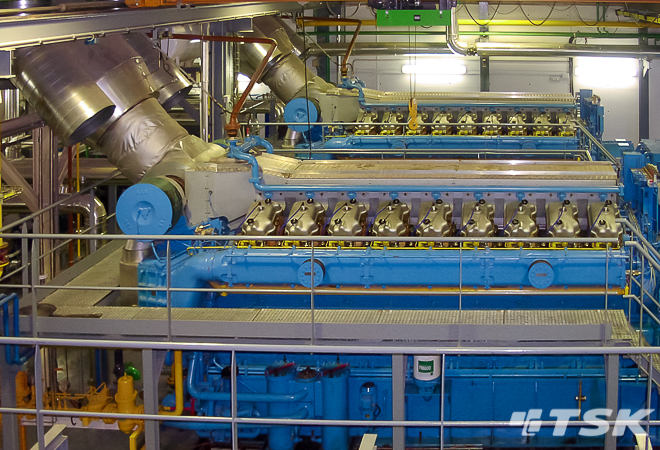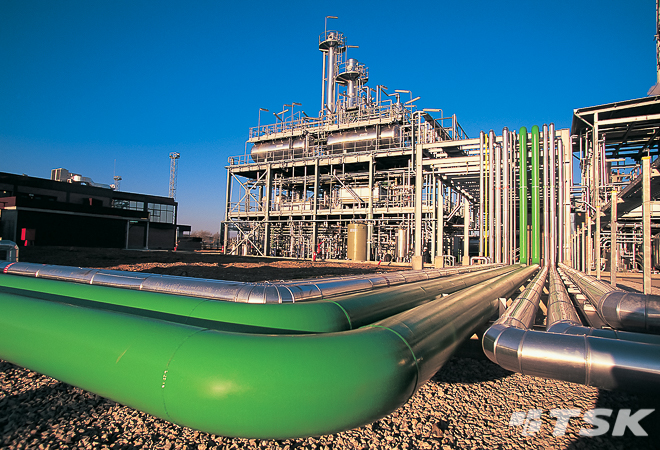
Biofuels
Biofuel production plants use vegetable oils (biodiesel) or vegetable products rich in sugars (bioethanol) as raw material to produce biodiesel or bioethanol through a physical-chemical process of transesterification or dilution+conversion+fermentation.
Lower cost
The cost of biofuels is lower than that of petrol or diesel.
Greater efficiency
Production processes are more efficient, as they consume and pollute much less than the processes associated with the extraction and refining of fossil fuels.
Renewable resource
Biofuels are a renewable energy source with fewer limitations than fossil fuels.
Employment opportunities
Biofuel production generates local employment.
Low emissions
Biofuel reduces carbon and sulphur emissions.
Reduction of waste production
The volumes of hazardous waste (waste oils) are decreasing, as they will be used in the production of these biofuels.
Caparroso Biodiesel Plant, the resurgence of the biofuel sector
In 2005, the Caparroso Biofuel Plant began commercial production for the manufacture of biodiesel from raw and refined vegetable oils of first use such as: soybean, rapeseed, palm and sunflower oils. It was designed to produce 35,000 Tm/year, equival...
Our Biofuels proyects
Throughout these years we have carried out numerous projects in this activity.


 Electrical Infrastructures
Electrical Infrastructures 
 Industry
Industry Gas to Power
Gas to Power

